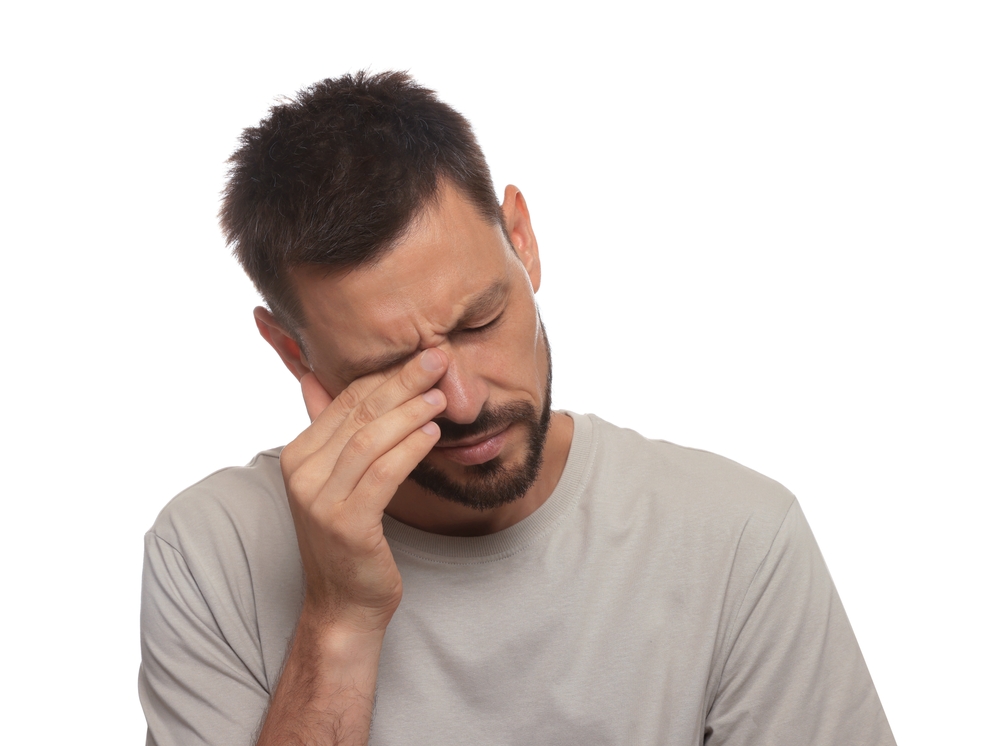
Do you often feel a stinging or burning sensation in your eyes? Are your eyes red, itching, or feeling as though there's something in them? If you answered yes, you might be suffering from a condition commonly referred to as dry eye. Dry eye is a prevalent but often overlooked eye condition that can significantly affect your quality of life.
What is Dry Eye?
Dry eye is a common condition affecting millions of people worldwide. It occurs when your tear glands do not produce enough tears to lubricate your eyes adequately. This lack of sufficient lubrication leads to dryness, discomfort, and sometimes even vision impairment. However, it's not just the quantity of tears that matter. The quality of tears is equally important.
Tears are a complex mix of water, fatty oils, and mucus. This mixture helps in keeping the surface of your eyes smooth and clear. When the balance of these components is off, you can experience dry eye. This imbalance can lead to tears evaporating too quickly or not spreading evenly across the cornea, leading to dry patches.
Causes of Dry Eye
The causes of dry eye are multifold. From aging and hormonal changes to certain medications and conditions, many factors can lead to dry eye. One of the most common causes is a chronic condition known as Meibomian Gland Dysfunction (MGD).
The meibomian glands are located in your eyelids, and they play a crucial role in producing the oily layer of your tears. When these glands don't function correctly, it can lead to tear evaporation, causing dry eye.
Other causes include prolonged use of digital devices, exposure to dry and windy climates, and long-term contact lens use. Certain medical conditions like rheumatoid arthritis, diabetes, and thyroid problems can also increase your risk of dry eye.
Common Signs and Symptoms of Dry Eye
The signs and symptoms of dry eye can vary from person to person. However, some common ones include a stinging or burning sensation in the eyes, redness, light sensitivity, and blurred vision. You may also feel like there's something in your eye, a sensation often referred to as "foreign body sensation."
It's also not uncommon to experience watery eyes as a symptom of dry eye. This might seem counterintuitive, but it's your body's response to the irritation caused by dryness. Your body produces extra tears to flush out the irritants, leading to watery eyes.
When to See an Optometrist
While dry eye might seem like a minor inconvenience, ignoring it can lead to complications. If you've been experiencing persistent dry eye symptoms, it's time to pay a visit to your optometrist.
Your optometrist can diagnose and treat dry eye. The doctor will conduct a comprehensive eye exam, taking into account your symptoms, medical history, and lifestyle factors. Timely intervention can prevent further complications and improve your quality of life.
Navigating Dry Eye Effectively
Dry eye is a common but often overlooked condition that can significantly affect your quality of life. Understanding this condition, its causes, and symptoms is crucial for effective management. Early detection and professional intervention can go a long way in preventing complications and safeguarding your vision.
For more information on the signs, symptoms, and treatment options for dry eye, visit Bright Eyes Optometry at our office in Red Bank, New Jersey. Please call (732) 605-0300 to schedule an appointment today.




